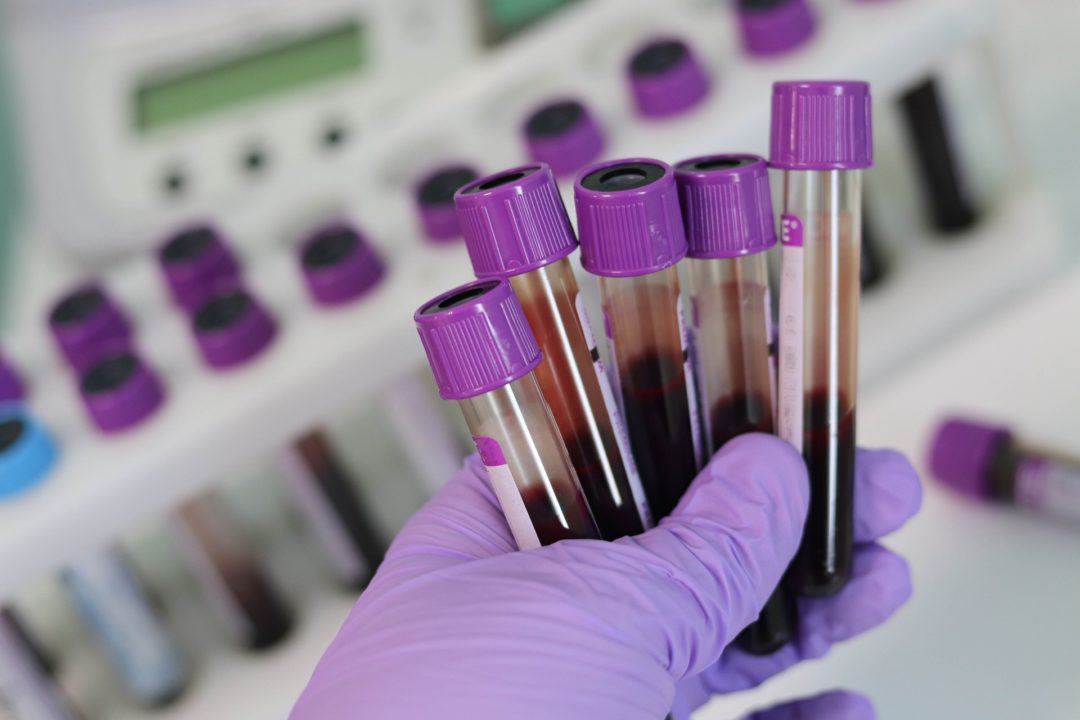Russian whistleblower Grigory Rodchenkov says that he believes that all Russian athletes must be barred from competing at the Tokyo Olympics.
Rodchenkov was previously the former head of Russia’s national anti-doping laboratory. In 2015, after WADA said that he was “at the heart of the positive drug test coverup,” including requesting money from athletes to conceal positive tests, he flipped and began exposing allegations of corruption in the system, most notably in a 2016 New York Times article and the 2017 Netflix documentary Icarus, which won an Academy Award.
Rodchenkov now says that nothing has changed in the system in spite of the country being given a four year ban from all major international sporting events. That ban doesn’t actually prevent Russian athletes from competing; rather, it limits the country’s ability to host and participate in the administrative side of the sport, forces athletes to compete under a neutral flag, and raises the standard for competition and suspicion in doping matters.
“It should be an absolute blanket ban without any excuses or admissions of athletes,” Rodchenkov told the BBC in his first interview since the decision. “The same personnel who were smuggling and swapping samples during Sochi [the 2014 Winter Games], they were falsifying all documentation. “It was a progression in falsifying, day by day, of this data – an incredible fraud of unspeakable proportion. It shows the country learns absolutely nothing.”
Yuri Ganus, who is the newest chief of the Russian Anti-Doping Agency, has publicly been an advocate for cleaning up his organization, though he’s met resistance from the country’s ministry for sport.
When Russia announced last year that they would be appealing the World Anti-Doping Association’s four-year ban, Ganus spoke out against the appeal, saying that he thought there was “no change of winning this case in court.” He was overruled by the Russian Ministry of Sport.
In April of this year, Russian sports minister Oleg Matytsin asked sporting authorities to “turn a new page” and erase the four year ban in light of the global coronavirus pandemic.

Between 15 February and 30 March 2016, Yefimova tested positive for meldonium six times in total.
http://www.fina.org/news/statement-yulia-efimova-rus
Well, there’s not gonna be a Toyko Olympics. So…
Oh really… you don’t say!!
I wonder what’$ the rea$on they don’t finally ban these ru$$ian doper$ from the olympic$
Banning Yefimova will not affect the bottom line.
Multiple violations, no punishment – why would Russian doping change?
Turning back the clock to the former GDR where the athletes were doped to the max. FINA and the IOC did nothing to retroactively strip the former GDR athletes of the medals at the Olympic Games.